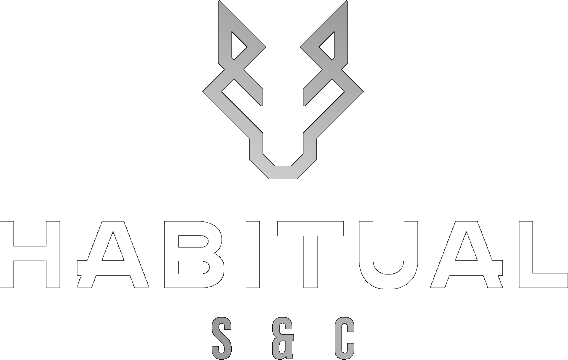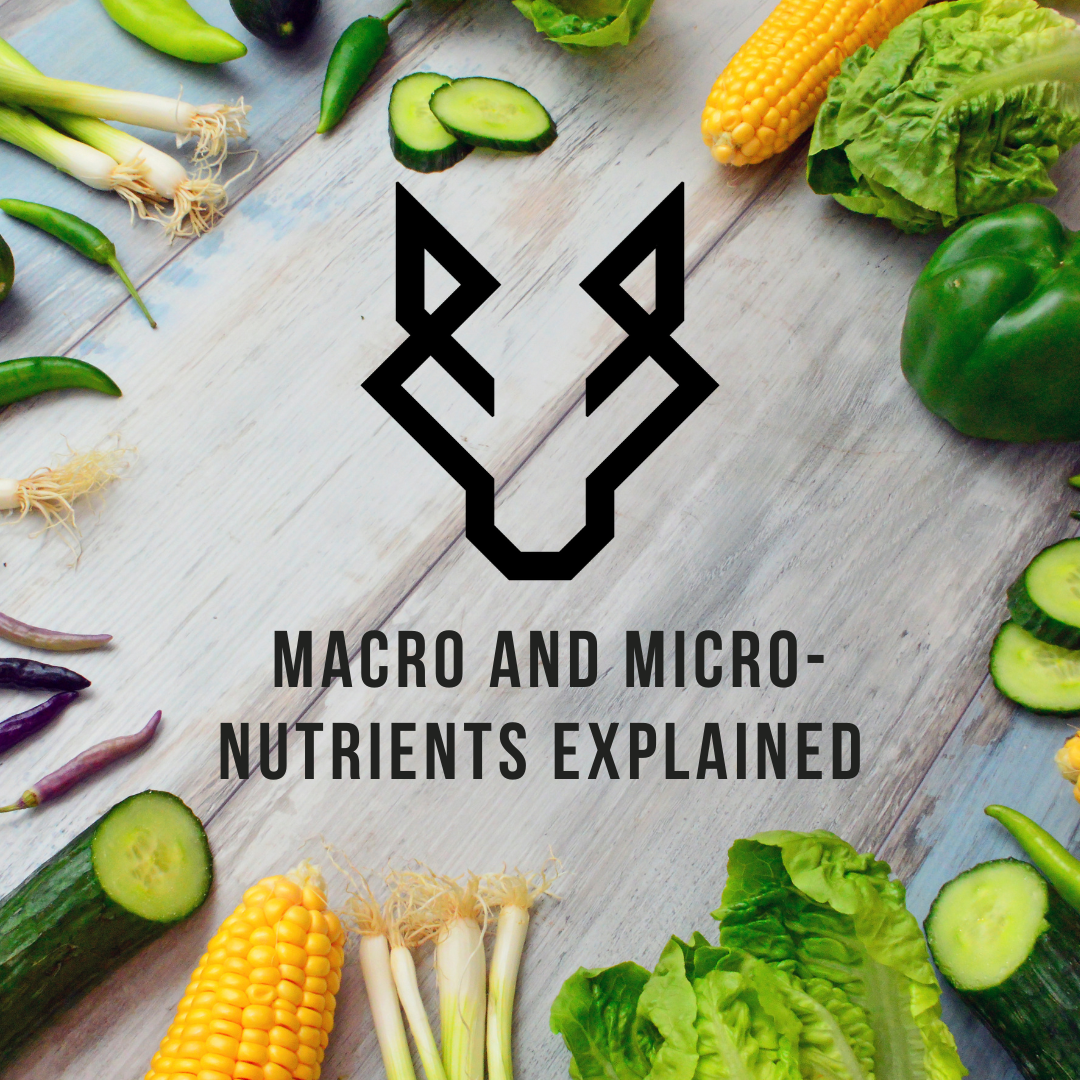Introduction
Nutrition is a term often thrown around in fitness circles, but what does it truly entail? For many, the journey into health and fitness starts with an understanding of the basic building blocks of our diet: macro and micronutrients. These components play crucial roles in how our body functions, from providing energy to supporting growth and overall health.
Macronutrients: The Big Players in Our Diet
Proteins: Often referred to as the building blocks of life, proteins are composed of amino acids. They play a critical role in building and repairing tissues, creating enzymes, and supporting muscle growth. Whether you’re a seasoned weightlifter or someone just starting their fitness journey at Habitual Strength & Conditioning, proteins should be a core component of your diet. Common sources include lean meats, poultry, fish, dairy products, legumes, and nuts.
Carbohydrates: Carbs, often misunderstood, are the body’s primary energy source. They are broken down into glucose, which fuels our daily activities and workouts. It’s crucial to differentiate between complex carbohydrates, like whole grains and legumes, and simple sugars. While the former provide sustained energy, the latter can lead to rapid spikes and crashes in blood sugar.
Fats: Fats, though sometimes vilified, are essential for numerous bodily functions, including nutrient absorption and hormone production. They also act as another source of energy. It’s vital to focus on consuming healthy fats such as avocados, nuts, seeds, and olive oil, while limiting saturated and trans fats.
Micronutrients: The Underappreciated Heroes
While macronutrients provide the bulk of our dietary energy, micronutrients are equally essential, albeit in smaller amounts. They play pivotal roles in a plethora of biological processes.
Vitamins: These organic compounds are crucial for metabolic processes, immune function, and even vision. For instance, Vitamin D helps absorb calcium, Vitamin A is vital for vision, and Vitamin C supports immune function.
Minerals: Minerals like calcium, potassium, and iron play various roles from bone health to oxygen transport. Iron, for instance, is essential for red blood cells, while calcium is integral for bone density.
Antioxidants: These compounds protect against free radicals, which can damage cells and contribute to ageing and diseases. Vitamins C and E, along with selenium, are potent antioxidants.
Water: Though not often classified under micronutrients, water deserves a special mention. It’s involved in nearly every bodily function, from temperature regulation to digestion.
In Conclusion
A well-balanced diet rich in both macro and micronutrients ensures our body gets the fuel and support it needs. As we train and build our strength at Habitual Strength & Conditioning, understanding the role of nutrition can optimise our results and overall well-being. Remember, no workout regimen is complete without the right nutrition. As the old saying goes, “You can’t out-train a bad diet.” So, here’s to nourishing our bodies and reaping the rewards!
Nutrition is a term often thrown around in fitness circles, but what does it truly entail? For many, the journey into health and fitness starts with an understanding of the basic building blocks of our diet: macro and micronutrients. These components play crucial roles in how our body functions, from providing energy to supporting growth and overall health.
Macronutrients: The Big Players in Our Diet
Proteins: Often referred to as the building blocks of life, proteins are composed of amino acids. They play a critical role in building and repairing tissues, creating enzymes, and supporting muscle growth. Whether you’re a seasoned weightlifter or someone just starting their fitness journey at Habitual Strength & Conditioning, proteins should be a core component of your diet. Common sources include lean meats, poultry, fish, dairy products, legumes, and nuts.
Carbohydrates: Carbs, often misunderstood, are the body’s primary energy source. They are broken down into glucose, which fuels our daily activities and workouts. It’s crucial to differentiate between complex carbohydrates, like whole grains and legumes, and simple sugars. While the former provide sustained energy, the latter can lead to rapid spikes and crashes in blood sugar.
Fats: Fats, though sometimes vilified, are essential for numerous bodily functions, including nutrient absorption and hormone production. They also act as another source of energy. It’s vital to focus on consuming healthy fats such as avocados, nuts, seeds, and olive oil, while limiting saturated and trans fats.
Micronutrients: The Underappreciated Heroes
While macronutrients provide the bulk of our dietary energy, micronutrients are equally essential, albeit in smaller amounts. They play pivotal roles in a plethora of biological processes.
Vitamins: These organic compounds are crucial for metabolic processes, immune function, and even vision. For instance, Vitamin D helps absorb calcium, Vitamin A is vital for vision, and Vitamin C supports immune function.
Minerals: Minerals like calcium, potassium, and iron play various roles from bone health to oxygen transport. Iron, for instance, is essential for red blood cells, while calcium is integral for bone density.
Antioxidants: These compounds protect against free radicals, which can damage cells and contribute to ageing and diseases. Vitamins C and E, along with selenium, are potent antioxidants.
Water: Though not often classified under micronutrients, water deserves a special mention. It’s involved in nearly every bodily function, from temperature regulation to digestion.
Conclusion:
A well-balanced diet rich in both macro and micronutrients ensures our body gets the fuel and support it needs. As we train and build our strength at Habitual Strength & Conditioning, understanding the role of nutrition can optimise our results and overall well-being. Remember, no workout regimen is complete without the right nutrition. As the old saying goes, “You can’t out-train a bad diet.” So, here’s to nourishing our bodies and reaping the rewards!



